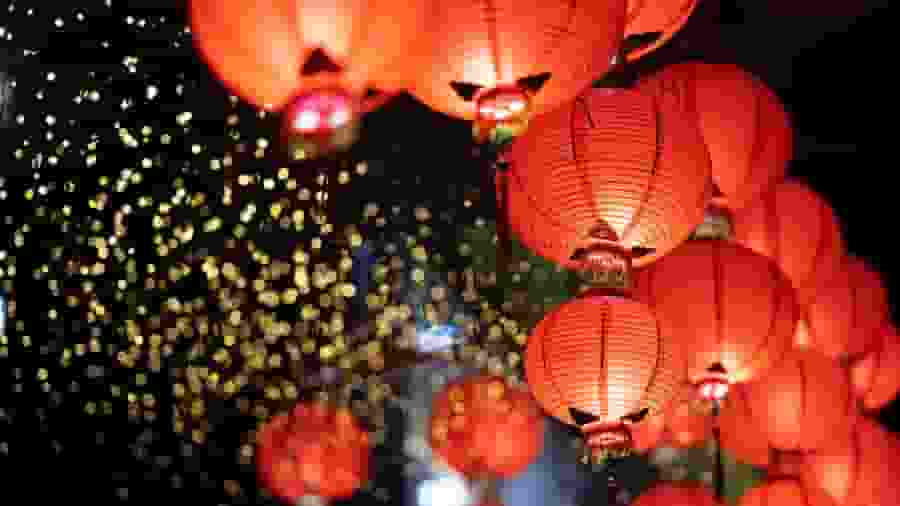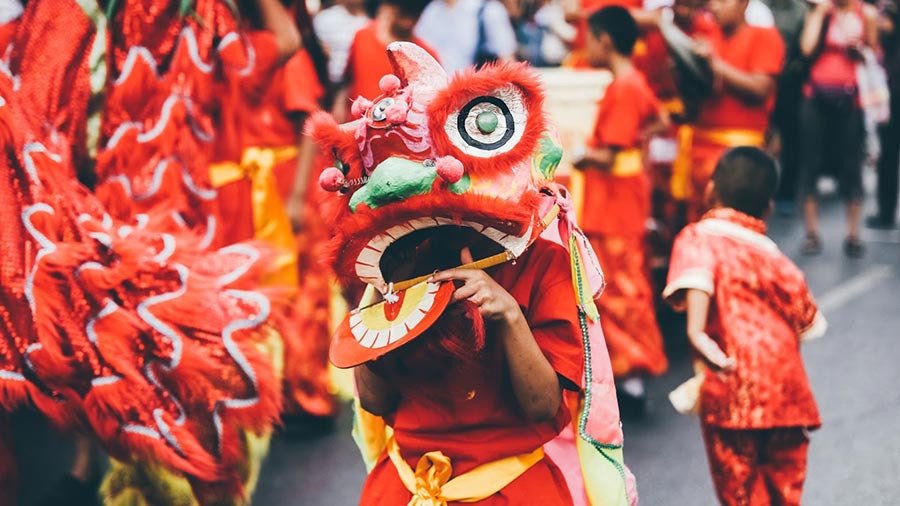How Do People Celebrate in China?
Celebrations begin as the second new moon rises after the winter solstice.
The focus is on saying goodbye to the old year and making amends for any of the bad things or situations you encountered. The emphasis is on asking forgiveness so that you can enter a new year with a clean slate, ushering in a year of better fortune, luck, and prosperity.
There are celebratory dinners held with the family - the associated foods around the new year hold tremendous importance and significance to Chinese families.
For example, many families serve up ‘longevity noodles’; extra-long noodles to symbolize a long and happy life. Families also make a point of serving fish, because the word for fish in Chinese (Yu) sounds like ‘surplus’.
For good luck, people decorate their homes red, and they present money to kids in bright red envelopes. Red is a color steeped in meaning for Chinese people, relating to vibrancy, fire, prosperity, and the nation itself.
There are also outdoor shows with firecrackers, pyrotechnics, and gyrating, dancing dragons.
Around the festival, China’s transport systems often come to a standstill as Chinese families travel, sometimes thousands of miles, to spend time together with the ones they love.
The culmination of the festival ends with a glorious lantern festival marking the new full moon. This aspect of the festival serves to commemorate deceased ancestors, promoting peace, reconciliation, and forgiveness.
















